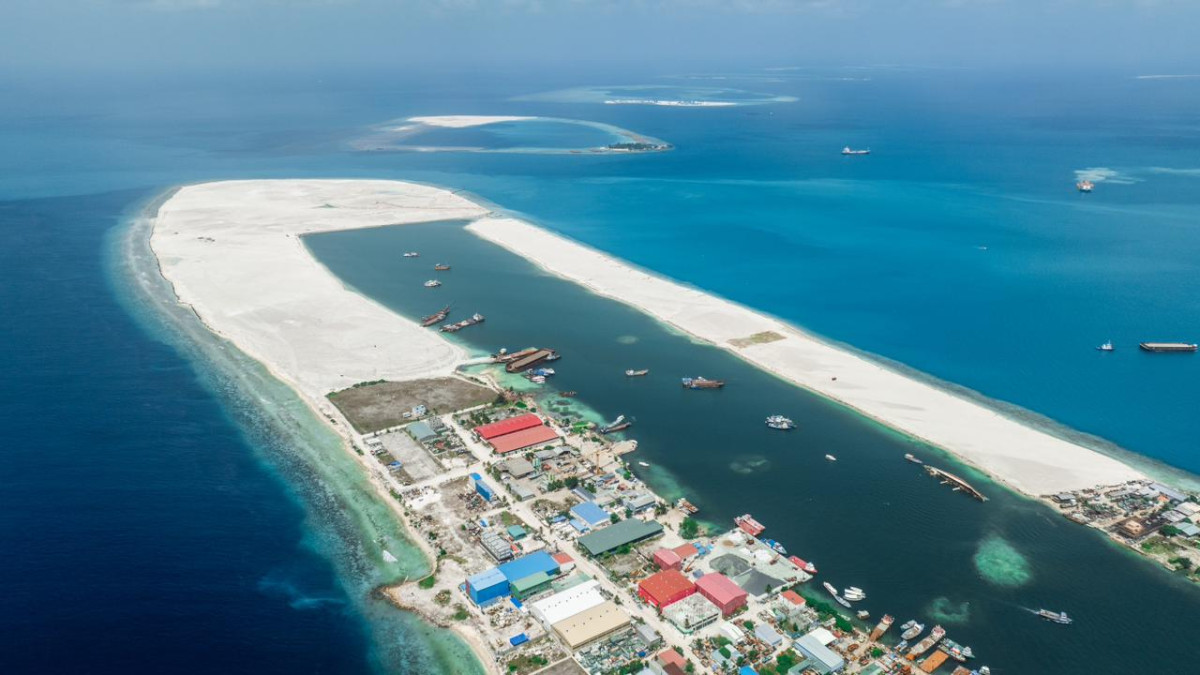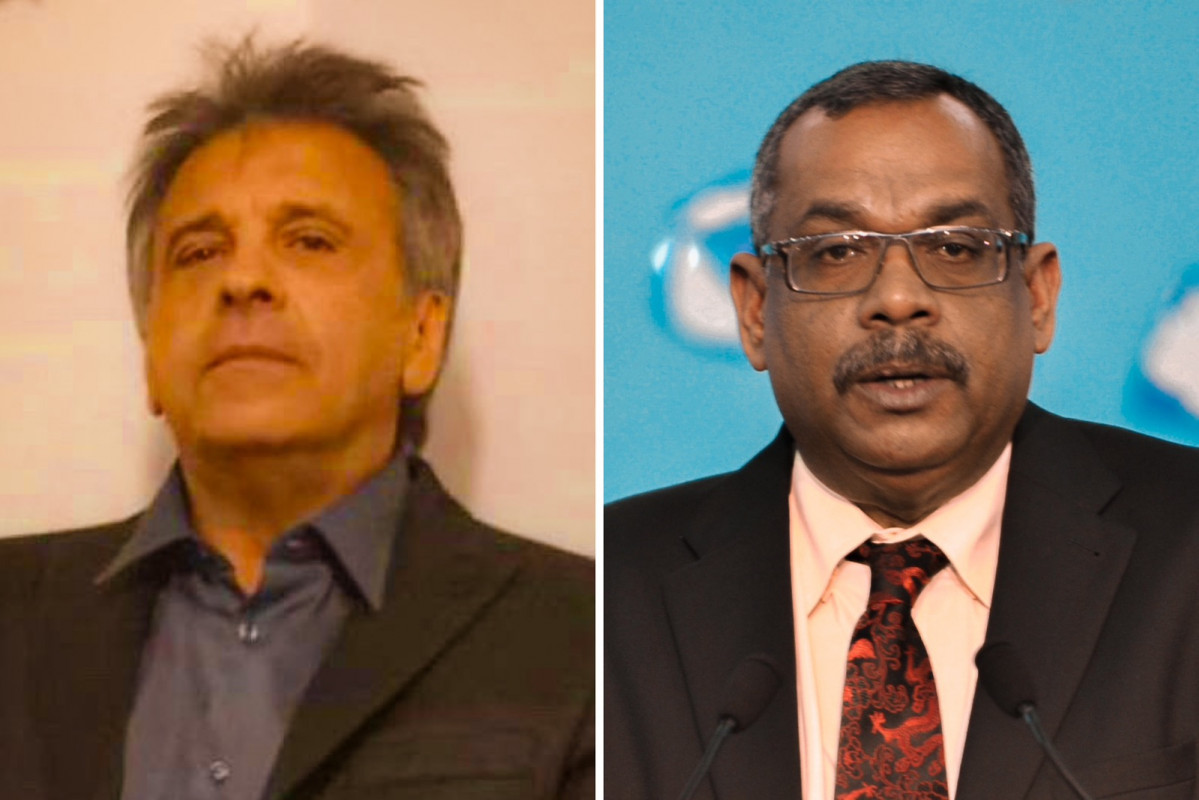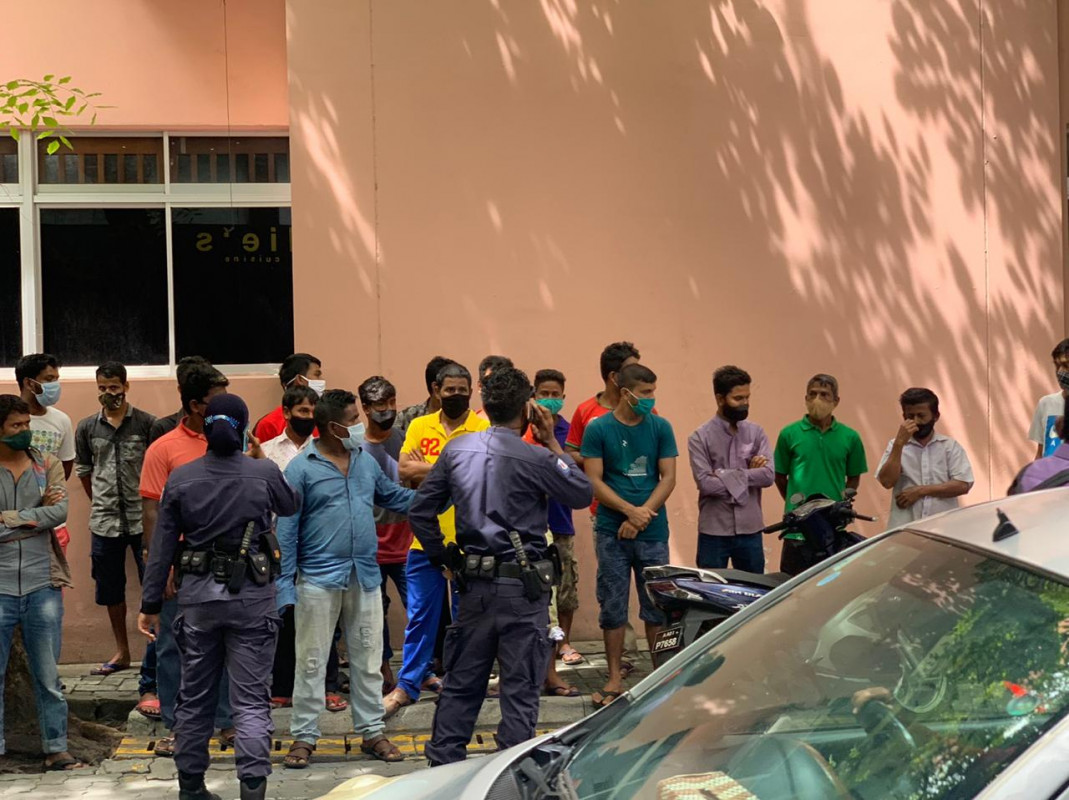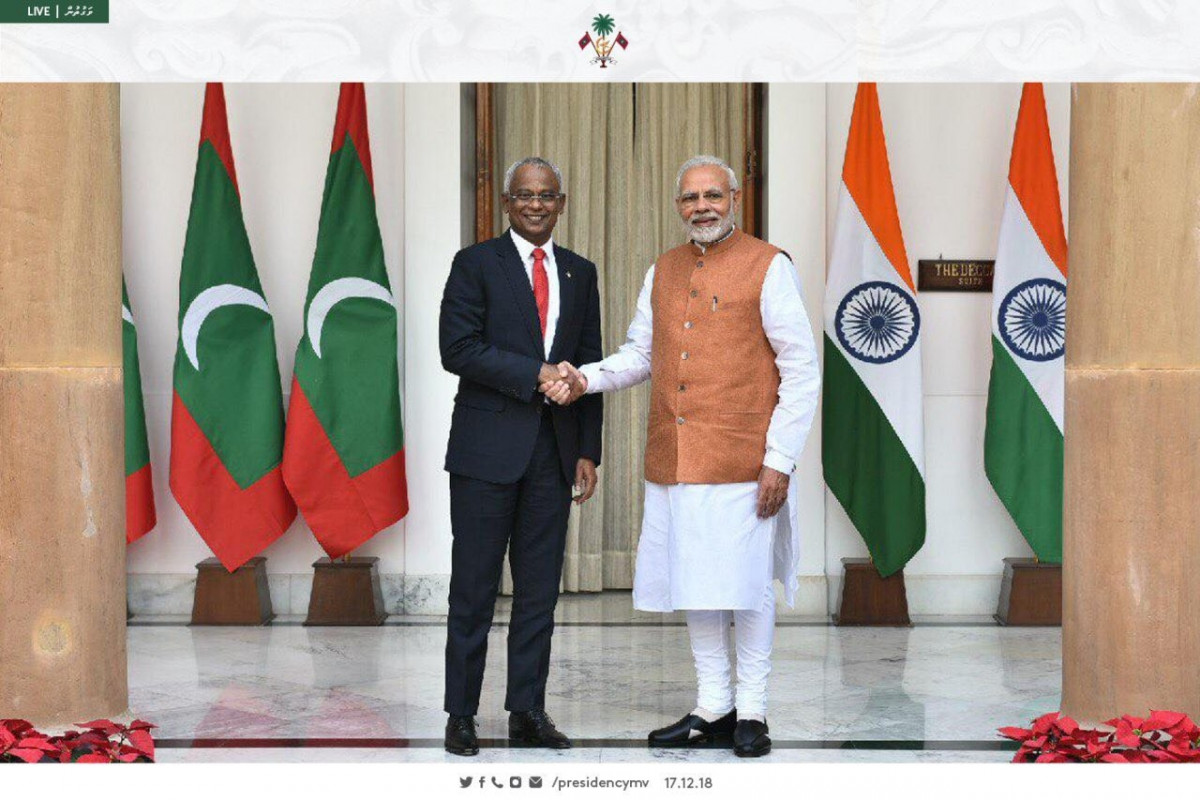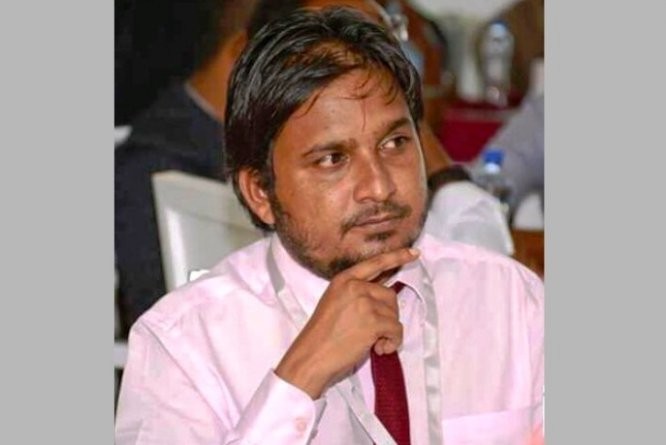"Gov't is determined to stay on course even if it's costly and challenging"
President highlighted the discussion on broadening the role of WDCs
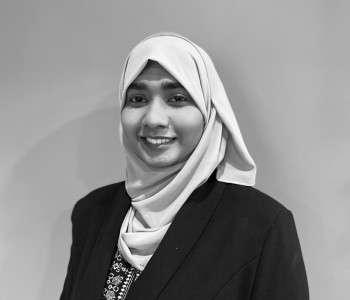
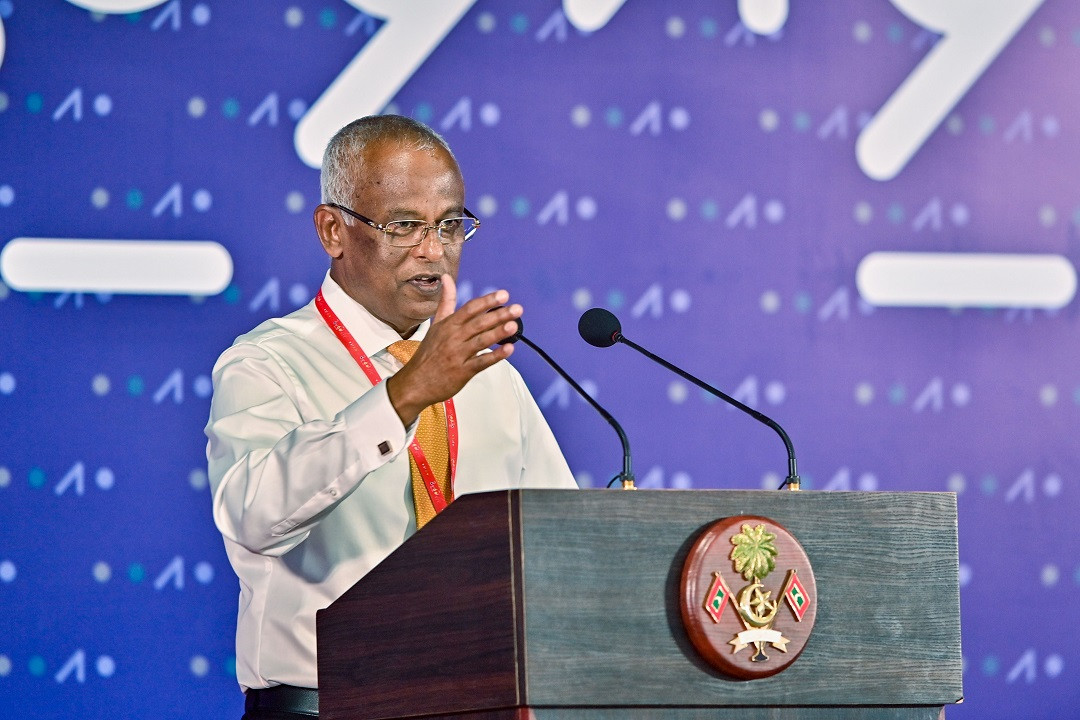
President Ibrahim Mohamed Solih at the closing ceremony of third Viavathi Raajje Conference
President Ibrahim Mohamed Solih has stated that the government is determined to stay on course to reshape the country's administrative system even if it's costly and challenging.
President Solih stated this at the closing ceremony of the third Viavathi Raajje conference, on Monday.
During his closing remark, President Solih stated that decentralized development is costly and challenging. He however noted that the current administration is determined to stay on the course and reshape the country through its decentralization policies and “Jazeera Maldives” vision, which translate as "Island like concept".
Noting that the most concerning issue identified at the second Viavathi Raajje conference held in Ukulhas Island in Alifu Alifu Atoll earlier this year was the problems that arose while developing the land use plans for islands, President Solih stated that viable solutions have been proposed by the end of this third conference.
Speaking at the ceremony, the President said that the outcomes discussed at the second Viavathi Conference were instrumental in guiding councils with their plans and that the administration is actively seeking ways to expedite the approval process for these land use plans.
Additionally, the President highlighted the discussion on broadening the role of Women's Development Committees (WDCs) and said that the issue was of utmost importance. He urged that their concerns be addressed as soon as possible by providing a conducive working environment and fiscal empowerment.
The President said that simply creating a conducive environment for WDC representatives might help alleviate a number of their difficulties. He further expressed the need for allocating full-time allowances for the WDCs to reflect their commitment and said that the legal challenges in facilitating this decision would be discussed further.
Moreover, President Solih also announced that the government will begin allocating block grants quarterly, rather than monthly, at the beginning of next year. He said that island councils should be allocated funds based on their individual requirements and needs, rather than the practice that is currently in use where a flat amount is distributed amongst all the councils.
During his opening address at the third Viavathi Rajje conference on Sunday, President Solih stated that decentralized governance is the most significant administrative change the country has ever seen.
President Solih emphasized that decentralized development was the cornerstone of all of the administration’s policies and reiterated that his administration sought equitable development, despite the size or political leanings of the island. The end result of prosperous “Jazeera” lives would be the union between every service, business, and every island, the President said.
The President stated in his speech that the decentralization system is now the major pillar of the government's policies, which are all created to make it easier for the growth of islands that are closely connected to one another.
President Solih signed the eighth amendment to the Decentralization Act into law on December 15, 2019, at the first edition of the "Viavathi Raajje" conference, authorising more fiscal and legal autonomy for local councils.
The third Viavathi Raajje Conference was hosted at L. Gan from September 11-12, 2022.
The two-day conference featured four main sessions with presentations and discussions on a variety of topics. These include gender equality, the formulation of land-use plans, fiscal autonomy of local councils and social welfare.

